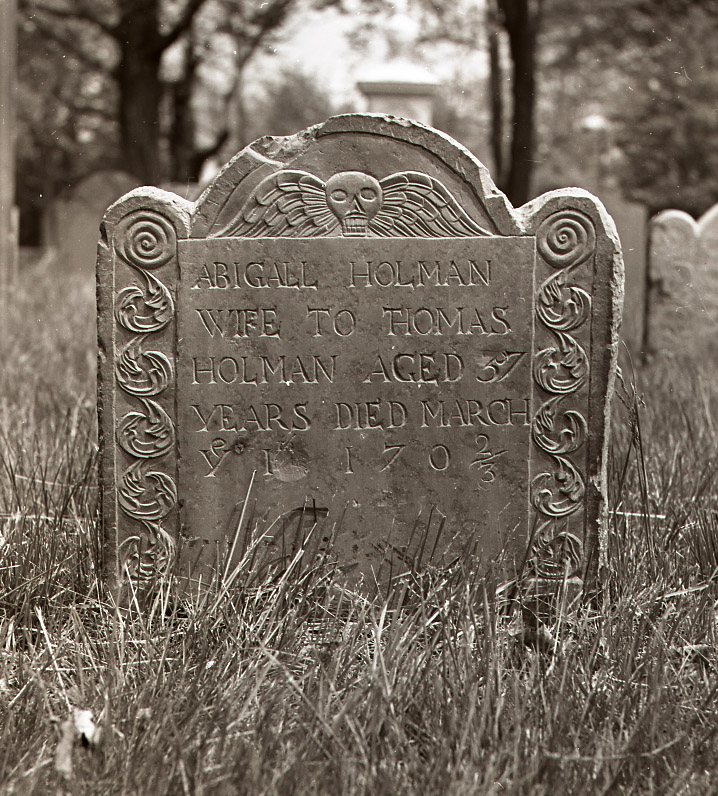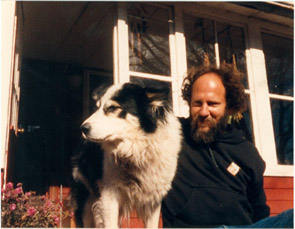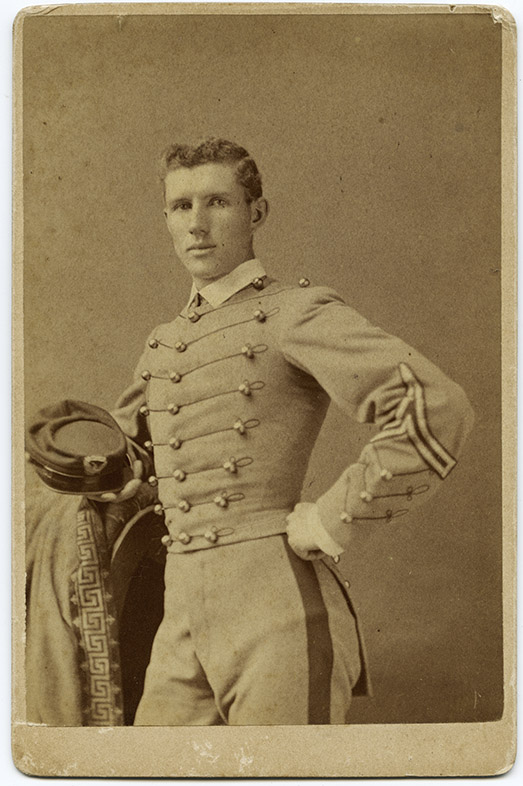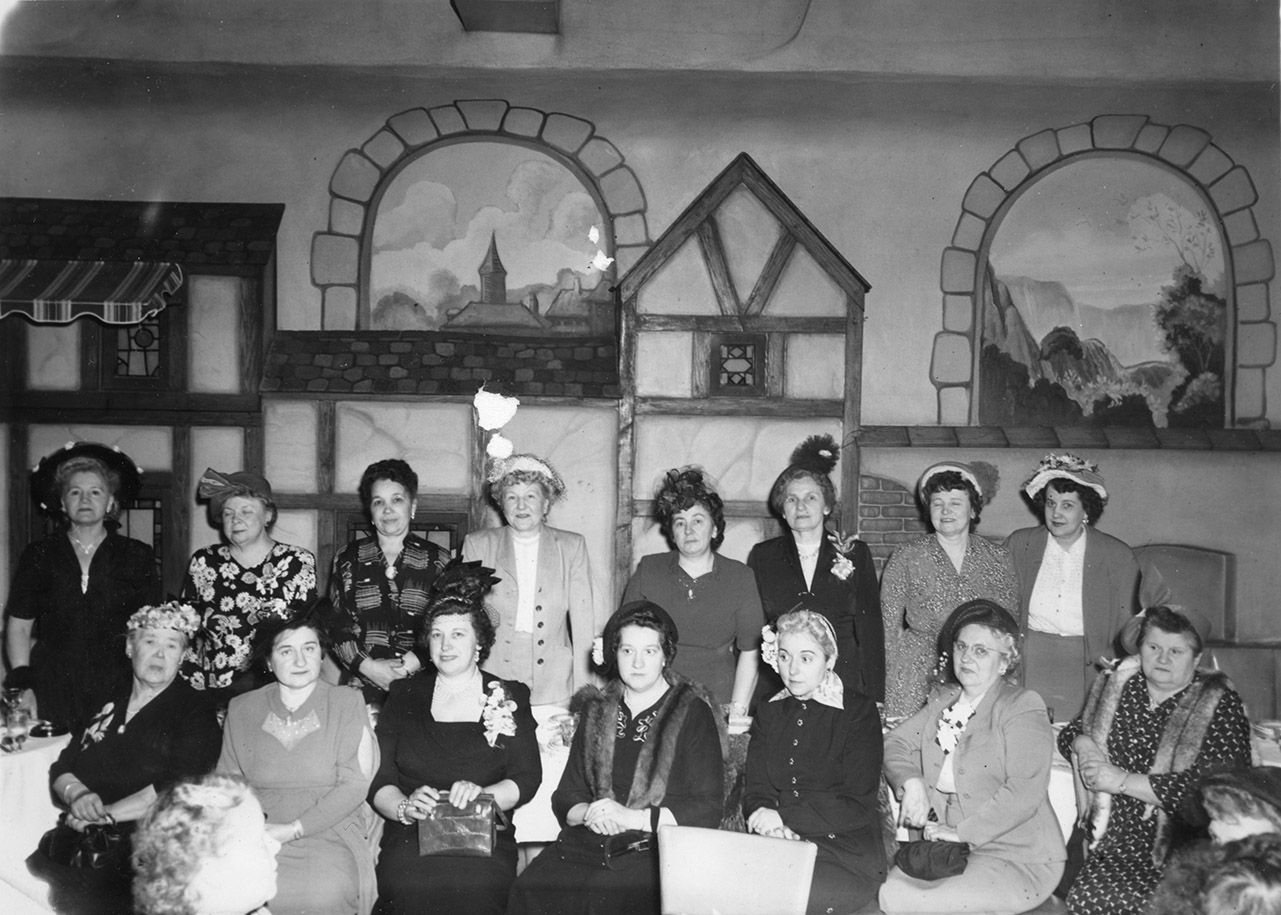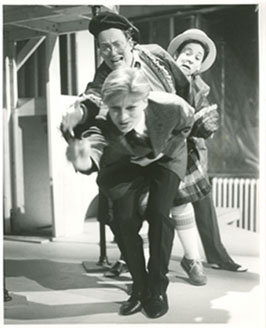Lionel Delevingne Photograph Collection
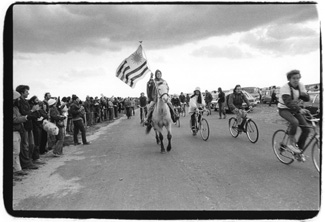
Born and raised in France, the photojournalist Lionel Delevingne studied education at l’Ecole Normale in Paris, but settled permanently in the United States in 1975. Based at first in Northampton, Mass., he became a prolific photographer of American social movements while working for the Valley Advocate and other publications, covering the early years of the Clamshell Alliance and the antinuclear movement in considerable depth. His work has been exhibited frequently and published widely in the mainstream and alternative press, including the New York Times, Le Figaro Magazine, Die Zeit, Newsweek, Washington Post Magazine, Mother Jones, and Vanity Fair.
The Delevingne collection includes remarkable visual documentation of the antinuclear movement of the 1970s and beyond, including some of the its most iconic images. Beginning with coverage of the Seabrook occupation, Delevingne covered the movement as it spread throughout the northeastern U.S. and internationally. The collection includes exhibition prints, prints for publication, and digitized images ranging in date from the mid-1970s through 1990s. Copyright in the images has been retained by Delevingne.


